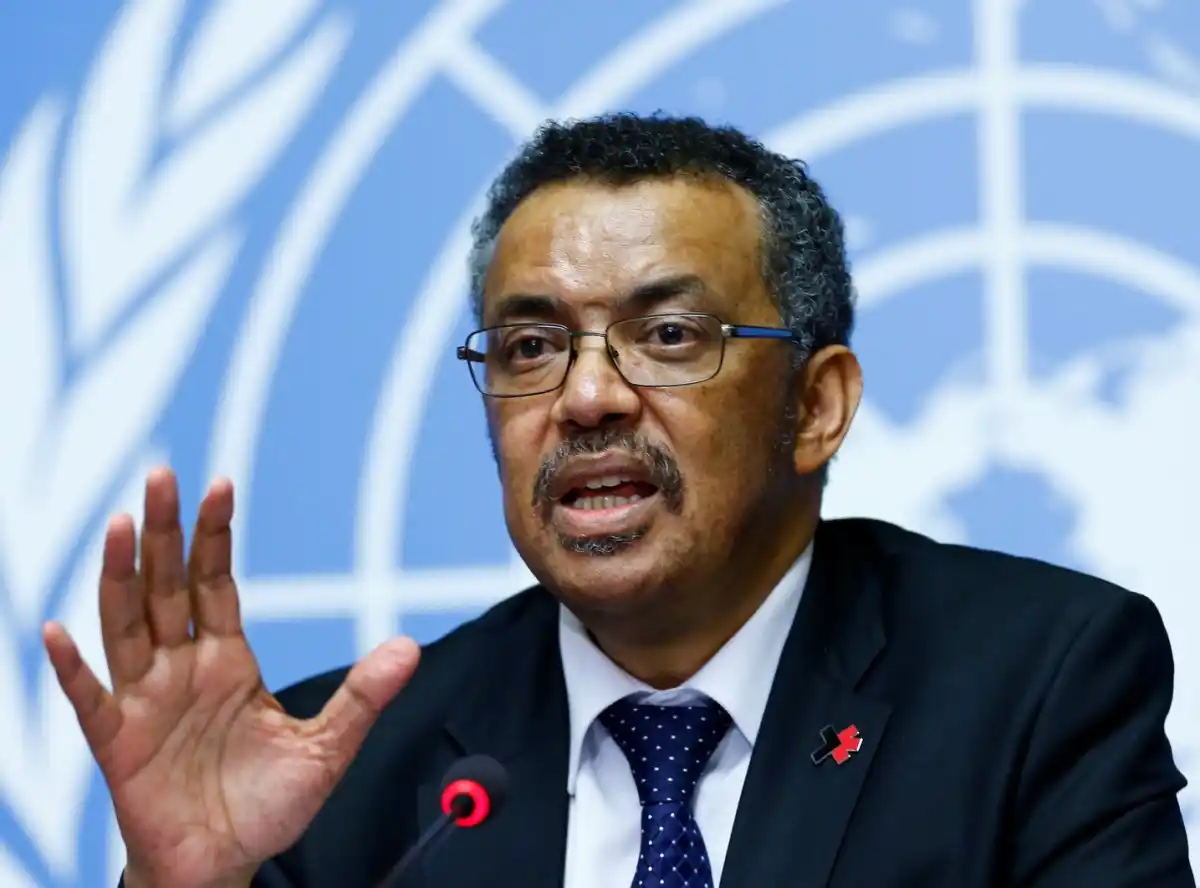

The World Health Organisation (WHO) has announced that a fourth WHO-prequalified human papillomavirus (HPV) vaccine product, Cecolin, has been confirmed for use in a single-dose schedule.
The decision is made based on new data on the product that fulfilled the criteria set out in the WHO’s 2022 recommendations for alternative, off-label use of HPV vaccines in single-dose schedules.
WHO says “this important milestone” will contribute to improving sustainable supply of HPV vaccines—allowing more girls to be reached with the vaccines that prevent cervical cancer.
“Unlike most other cancers, we have the ability to eliminate cervical cancer, along with its painful inequities,” WHO Director-General Tedros Adhanom Ghebreyesus said.
“By adding another option for a one-dose HPV vaccination schedule, we have taken another step closer to consigning cervical cancer to history,” he added.
More than 95 percent of the 660,000 cervical cancer cases occurring globally each year are caused by HPV, according to the health agency.
It adds that every two minutes, a woman dies from this preventable disease globally and 90 percent of these deaths occur in low- and middle-income countries.
Of the 20 hardest hit countries by cervical cancer 19 are in Africa.
WHO says HPV vaccine introductions have been hampered by global supply shortages since 2018 and production challenges encountered by one of the manufacturers earlier this year led to further shortfalls, potentially impacting millions of girls in need of HPV vaccines in Africa and Asia.
“Having 90 percent of girls fully vaccinated with the HPV vaccine by 15 years of age is the target for the first pillar of the WHO global strategy for cervical cancer elimination,” Kate O’Brien, Director of the Department of Immunisation, Vaccines and Biologicals at WHO, said.
HPV vaccine was introduced in Malawi in 2019 as part of efforts to combat cervical cancer, which is a said to be a big health issue in the country.
The vaccination programme primarily targets young girls, typically around the ages of 9 to 14.
The government, along with its partners, has been working to raise awareness about the importance of the vaccine, as well as addressing misconceptions.
Cervical cancer is one of the leading causes of cancer-related deaths among women in Malawi, making the HPV vaccination a crucial public health initiative.
According to WHO, a growing number of vaccine products initially prequalified for use in a two-dose schedule can now be used in a single-dose schedule.
Malawi was initially using the two-dose HPV vaccine schedule for young girls, with the second dose given six months after the first.







0 Comments